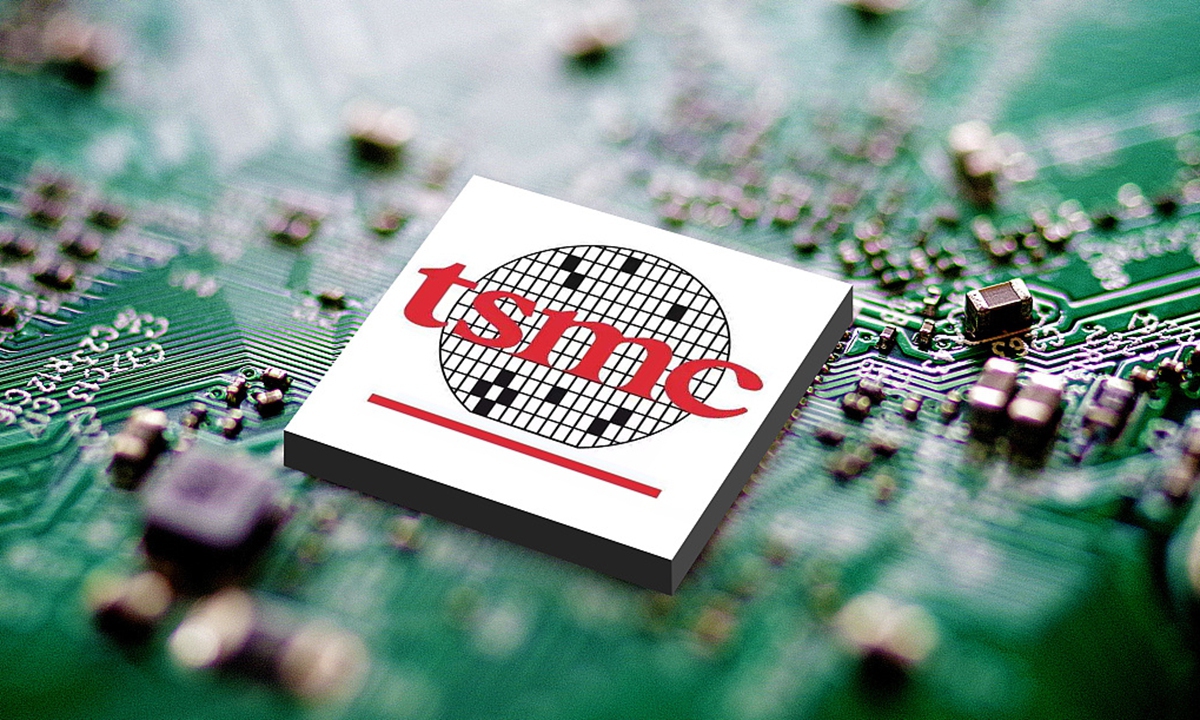
TSMC Photo: VCG
China retains its second place among the latest version of Global 500 companies, followed by Japan and the UK, according to 2023 Hurun Global 500 Report released on Wednesday.
A total of 33 Chinese companies made to the list, led by Taiwan-based TSMC, Tencent and Alibaba, according to the report.
The report revealed that China is home to 6.6 percent of the top 500 companies with 33 entries, led by TSMC worth 3.7 trillion yuan ($512 billion), and Tencent worth 2.8 trillion yuan ($393 billion).
And, 244 non-China multinational companies have set up branch offices in China, with 63 percent headquartered in Shanghai, followed by 27 percent in Beijing, which shows that multinational corporations are positive about China's market performance and growth potential, analysts said.
"The establishment of regional headquarters in China may be to get closer to the Chinese market and understand the needs of local consumers, as well as to leverage China's resources and policy advantages to expand their business. All of this indicates their stable expectations for the Chinese market," Wang Peng, an associate research fellow from the Beijing Academy of Social Science, told the Global Times on Wednesday.
Shanghai-based e-commerce platform Pinduoduo moved up 147 slots to arrive at 63, on the back of stronger than expected sales in domestic market and a successful launch into the US market, the report said.
About one third of the Hurun Global 500 of five years ago have dropped off the list. The worst performer was Alibaba, down by $300 billion in market valuation, according to Rupert Hoogewerf, chairman and chief researcher of Hurun Report.
The average age of Chinese companies on the list is 27 years, much younger than the average 68 years of the whole list. The list of youngest start-ups is led by Pinduoduo, worth $152 billion, ChatGPT parent OpenAI, and Chinese EV Manufacturer Li Auto, which were all launched in 2015.
"For those Chinese companies, they should actively increase investment in the research and application of AI such as intelligent manufacturing, smart finance, and smart healthcare to promote industrial upgrading and efficiency improvement, continuously improving their own strength and market competitiveness," said Wang.




